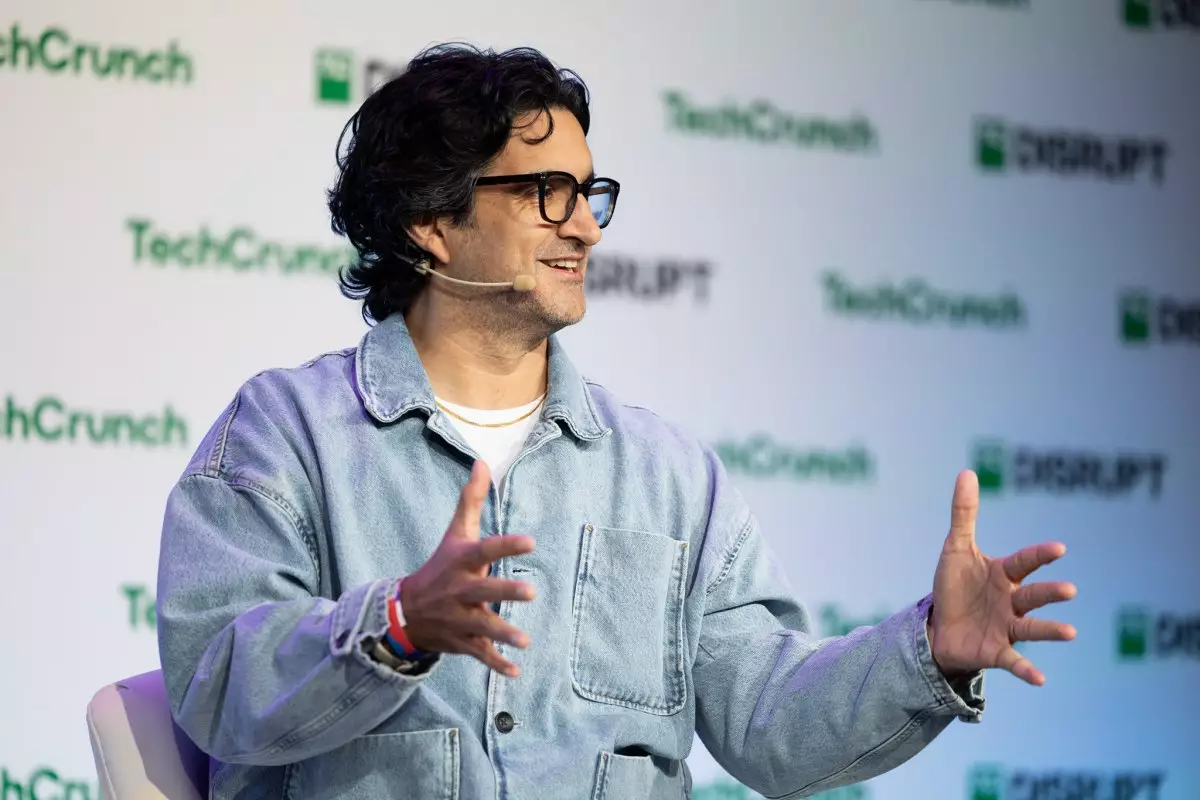In the high-stakes world of entrepreneurship, personal stories often intertwine with professional journeys. Andy Dunn, the mastermind behind Bonobos, embodies this truth as he takes on a new venture, Pie, an in-person social media platform. His journey is not just about entrepreneurial success; it also sheds light on the intricate relationship between mental health and entrepreneurial spirit. Dunn’s story is a valuable lesson for future generations of innovators—serving as a beacon that emphasizes the importance of mental well-being in the relentless pursuit of success.
Confronting Challenges: The Bipolar Experience
Dunn’s narrative is shaded by his struggle with bipolar disorder, a diagnosis that came to light during his college years. It took him years, enduring significant challenges—including a catastrophic hospitalization following a manic episode in 2016—to take control of his mental health. This juncture proved transformative, as Dunn finally sought consistent treatment through therapy, medication, and lifestyle management, prioritizing sleep and self-care.
His experiences reveal the often-unspoken reality faced by many entrepreneurs: mental health issues are prevalent in high-pressure environments. Dunn’s powerful statement on the disruptive nature of manic states emphasizes how the overwhelming nature of such episodes can derail productivity and well-being. “The manic state is just a disaster,” he articulates, portraying a vivid image of the turmoil that can engulf an individual battling severe mental health challenges.
One particularly striking aspect of Dunn’s experience is his acknowledgment of the paradoxical relationship between entrepreneurship and mental illness. He suggests a distinctive link between neurodivergence and creativity, noting that the traits associated with hypomania—such as rapid ideation and a decreased need for sleep—often mirror the characteristics of successful entrepreneurs. He holds that the creative energy locked within hypomania can drive innovation, yet it also comes with a steep emotional cost.
This interplay begs a crucial question: Does the entrepreneurial landscape attract individuals who are inherently neurodivergent, or does the intense pressure of startup environments exacerbate existing conditions? Dunn’s insights transcend his personal experiences and challenge other founders to reflect on how to harness their mental states while maintaining a semblance of balance.
Dunn continues to navigate the complexities of being a leader while openly discussing his mental health journey. In doing so, he normalizes the conversation around mental wellness within the entrepreneurial community, an endeavor he champions through initiatives like the Founder Mental Health Pledge. His candidness, however, does not come without hesitations. He offers practical advice to fellow founders about managing potential stigma related to mental health concerns, warning them to discern when to reveal such vulnerabilities to investors—a protective measure he deems crucial.
While the mental health conversation is becoming more mainstream, Dunn’s acknowledgment of the lingering stigma shapes his fundraising strategies. His experience at Bonobos demonstrates a nuanced approach to discussing mental health in business—a balancing act that calls for transparency balanced with prudence.
A Vision for the Future: Balance and Success
As Dunn embarks on this new chapter at Pie, he confronts the fundamental challenge of fostering a work culture that nurtures mental well-being while simultaneously striving for high performance. He recognizes that traditional 40-hour workweeks are often insufficient in the startup realm. Hence, he is clear in his recruitment process, laying out an honest portrayal of the expectations and the intense commitment required in a startup environment.
His commitment to mental wellness not only establishes a healthy workplace culture but also profoundly influences how he leads his team. The lessons learned from his time at Bonobos inform Dunn that hard work is vital, but self-care cannot be divorced from it. As he aptly reflects in his book “Burn Rate,” the mindset that equates effort with business success is flawed—embracing self-care is equally vital to achieving long-term goals.
Andy Dunn’s story transcends simple entrepreneurship; it encapsulates the struggles and triumphs of integrating mental health into the quest for success. As he moves forward with Pie, he invites others to join in this conversation, challenging future leaders to cultivate environments that prioritize mental well-being. His tale signifies a powerful shift—a call to action for entrepreneurs everywhere to recognize that real success encompasses both the heart of innovation and the necessity of care for oneself and others.
Through Dunn’s journey, we are reminded that true resilience is not merely a testament to working hard; it is also about how we honor our mental health while chasing our dreams. The entrepreneurial realm can be unforgiving, but leaders like Dunn illuminate the path forward in a way that integrates passion with wellness, paving the way for a future generation of empathic innovators.

